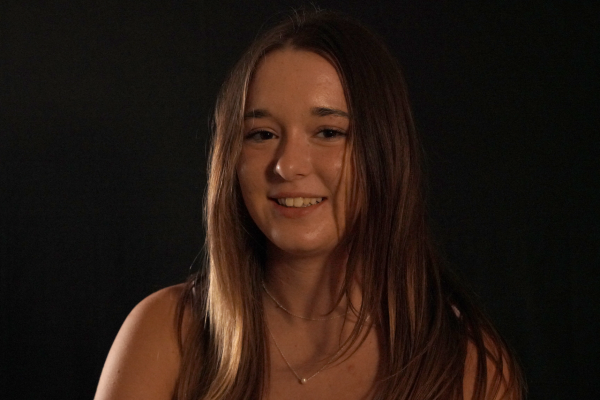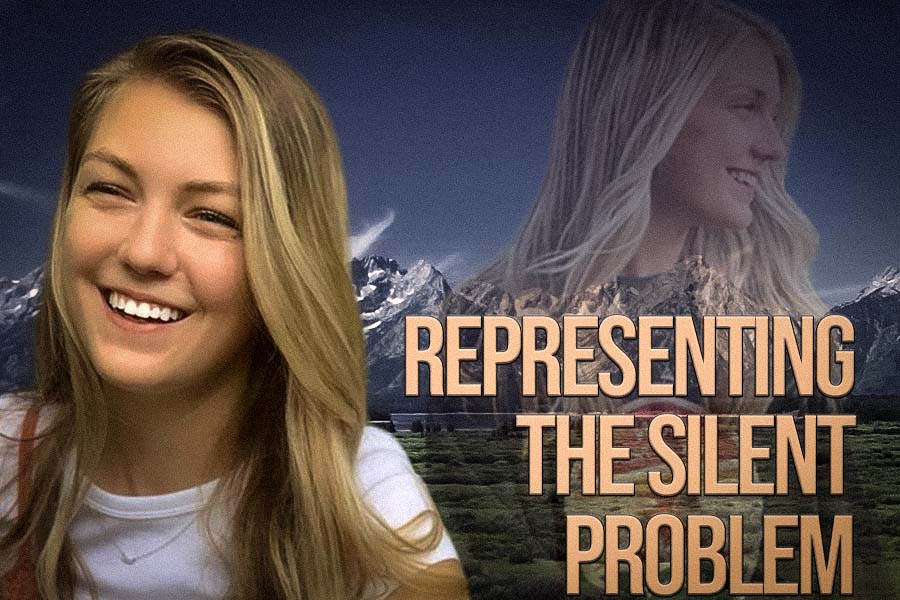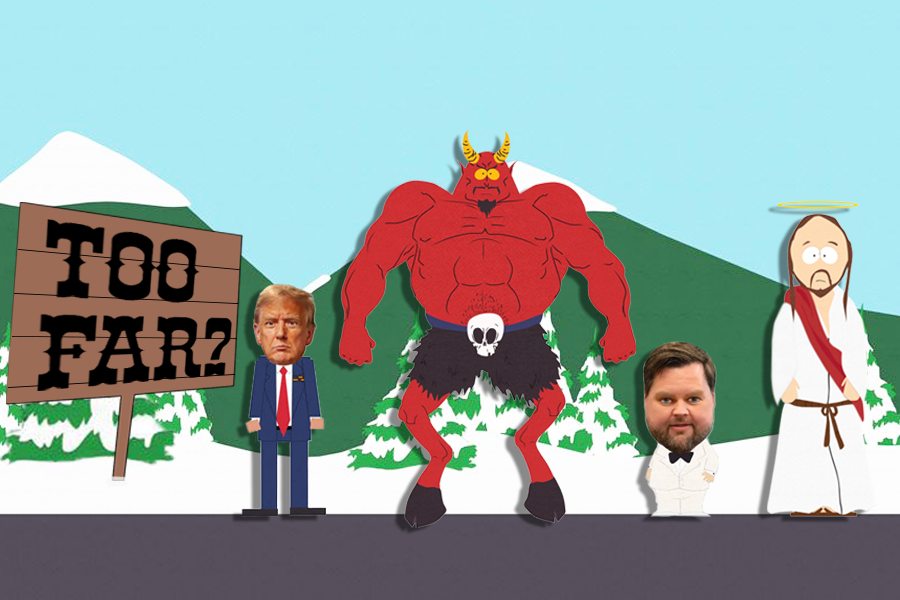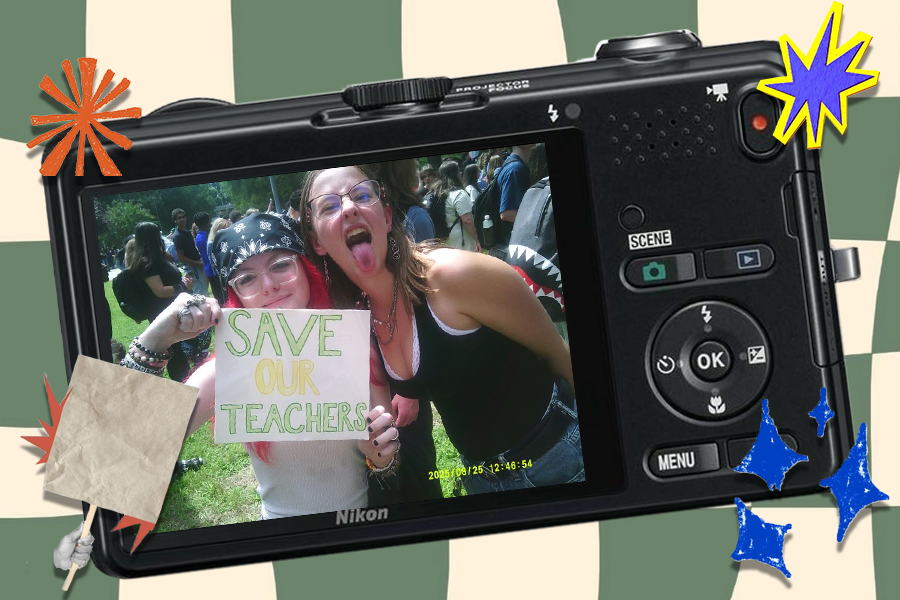For centuries now, domestic violence (DV) has played a huge role in relationships of all forms, however, the problem has been swept under the rug and ignored. DV isn’t an uncommon issue, even though it’s not talked about; facts show, 1 in 3 face abuse at the hands of their romantic partner. Though there has not been much representation or resources that have gone towards DV, in the past year in particular, the issue is finally being brought to light via media, movies and documentaries.
“According to the United Nations Commission on the Status of Women [78], the representation of violence against women in the media has greatly increased over the years,” National Media of Medicine said.
Throughout time, the issue has been buried or deemed “lies” by the media, lawmakers, political figures and even police authorities, even though the fact is that only 8% of abuse accounts are false. The utter disrespect of calling DV statements false has had an everlasting effect on victims, causing more stories to go untold. With men and women being shamed into being “liars,” it’s hard for their voices to be heard, making it difficult for the issues to be addressed.
Colleen Hoover’s book, “It Ends with Us,” which later inspired a movie, brought major attention to abusive situations. The relationship initially appears perfect, but character Ryle’s abusive behavior emerges. The story explores themes of love, abuse, and the struggle to break free from harmful cycles. Lily’s journey involves confronting the abuse and ultimately choosing to break free from Ryle. Although in my opinion, the book and movie fail to highlight the situation of abuse and its extremity, while also failing to demonstrate a way out of said situation, and does not have a realistic ending. It mainly focuses on her new relationship, which does not get the representation of domestic violence survivors out there enough, but the movie still puts a foot in the door to get representation for victims.
This past month, the documentary, “American Murder: Gabby Petito,” produced by Netflix, was released; it has had a huge impact on public perception with accurate representation, and made the issue of DV come to light for others to see. The documentary details how 22-year-old Petito was an ordinary, smart and adventurous girl with dreams of seeing the world. She and her boyfriend Brian Laundrie set off on a cross-country road trip. Brian returned home without Petito, and her family was immediately concerned. Petito’s body was soon found in Wyoming, and Laundrie later committed suicide as police found evidence proving him the killer, after going through his belongings. This documentary isn’t the typical murder documentary; in the series, the writers detail the verbal, mental and physical abuse Petito faced prior to her death. The documentary did a phenomenal job portraying the story and showing why Pentito couldn’t just leave her situation. “Why didn’t you just leave?” is one of the most common questions asked to survivors of domestic violence, and I think many people who struggle to understand why you can’t just leave that kind of situation will be finally able to understand through Petito’s story. The biggest thing that stuck out to me in the documentary was the body cam footage of cops approaching Petito and Laundrie, who were clearly having a domestic dispute. The cops very quickly dismissed the couple and made no report or arrest, as they just wrote it off to be a “lovers’ quarrel.” In the next few months, Petito would be found dead.
Cops not believing survivors of domestic violence is actually pretty common, and is the reason many stories of abuse will go untold.
“Domestic violence, and policing is based on a nationwide survey of 900 advocates, attorneys, service providers and non-profit workers who support or represent domestic violence and sexual assault victims. As a topline finding, 88 percent of respondents reported that police sometimes or often do not believe victims or blame victims for the violence. Advocates identified police inaction, hostility and bias against survivors as key barriers to seeking intervention from the criminal justice system,” American Civil Liberties Union said.
Without any consequence for an abuser’s actions, justice will never be served, and more and more men and women will be murdered at the hands of someone they love. As someone who changed North Carolina DV laws, I will never stop advocating for something to be done about the abuse men and women face at the hands of their partner.
Representing the Silent Problem: Domestic violence representation in the media
(If you or anyone you know is in an abusive situation, call this helpline: 800-799-7233.)
Kaylee Styers, Sports Editor
May 7, 2025
0
Donate to The Zephyr
$125
$500
Contributed
Our Goal
Your donation will support the student journalists of WEST FORSYTH HIGH SCHOOL. Your contribution will allow us to purchase equipment and cover our annual website hosting costs.
More to Discover
About the Contributor

Kaylee Styers, Sports Editor
Kaylee Styers is a senior and a third-year writer for the Zephyr. She is the sports editor this year. Kaylee enjoys playing lacrosse, being outdoors, having fun with her friends, listening to music, and volunteering for her local fire department.








